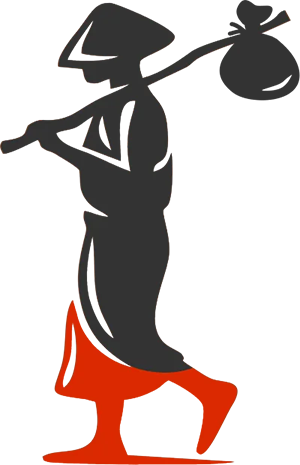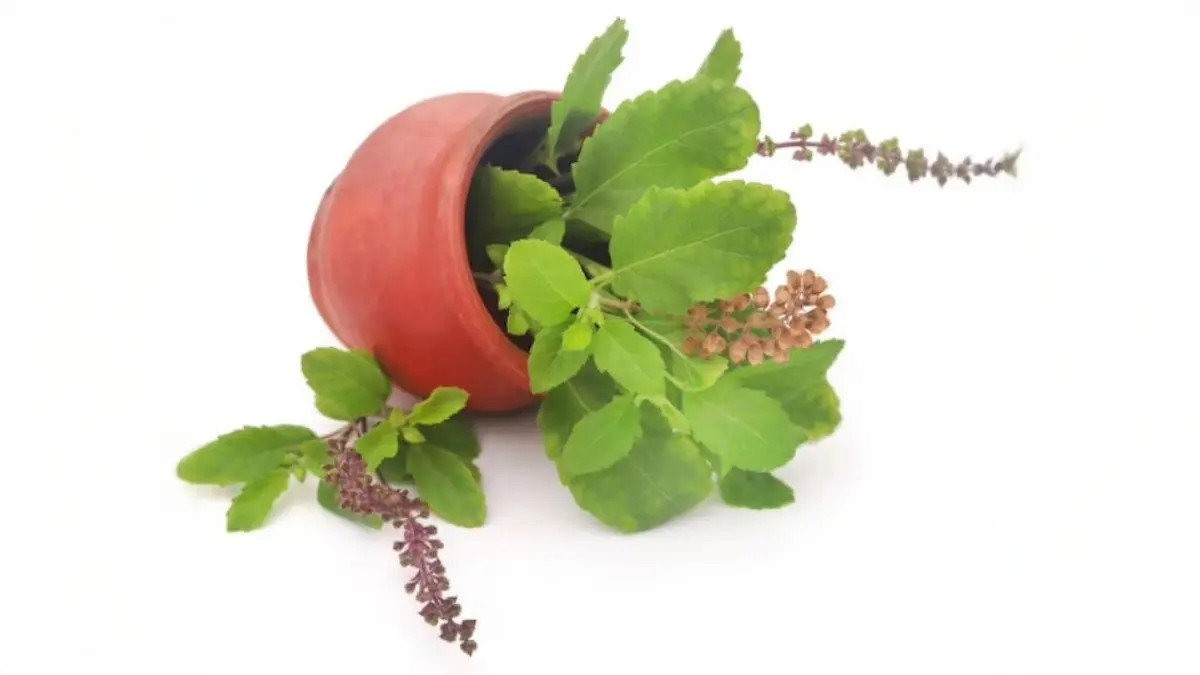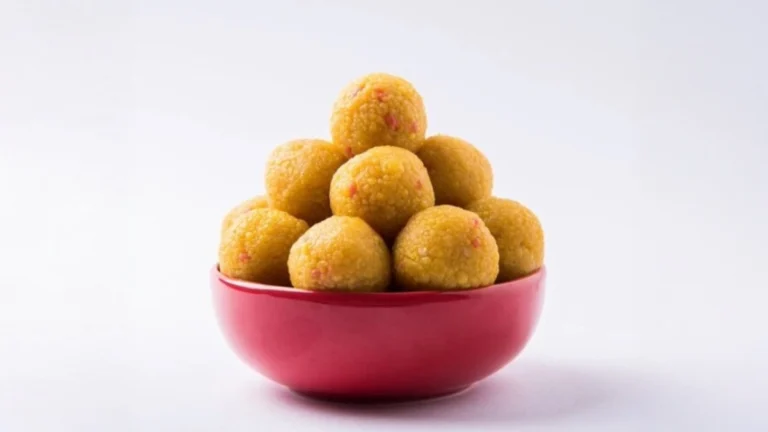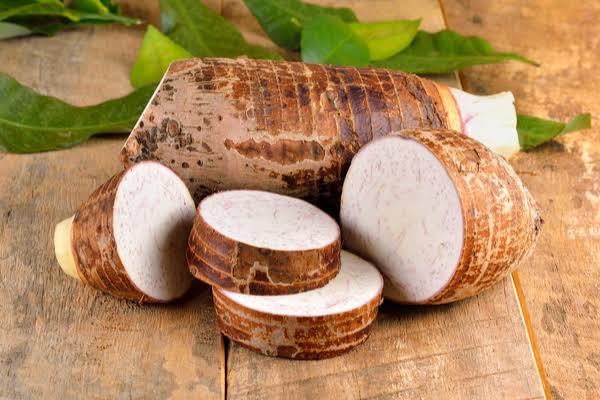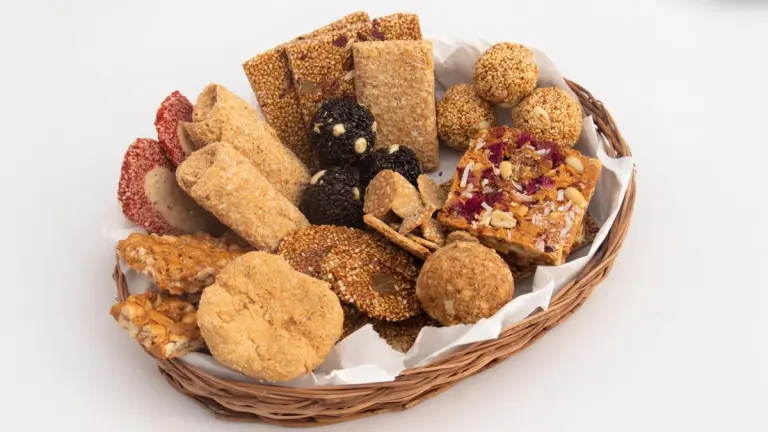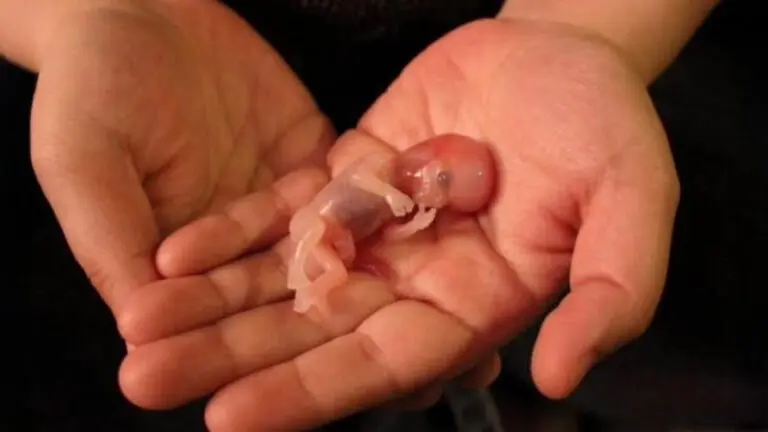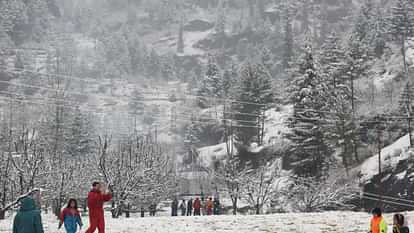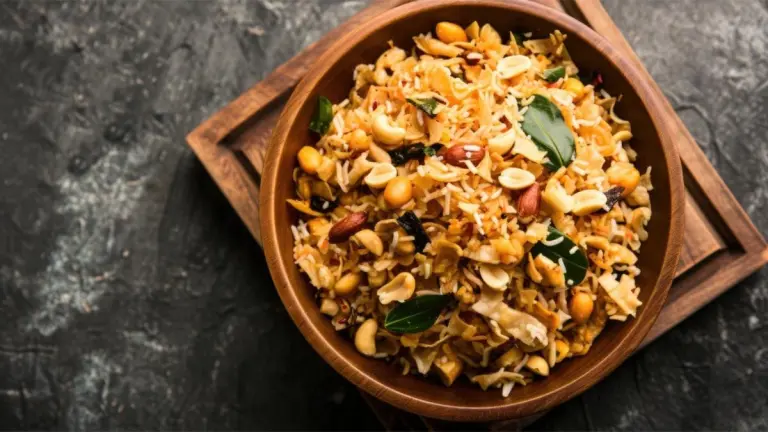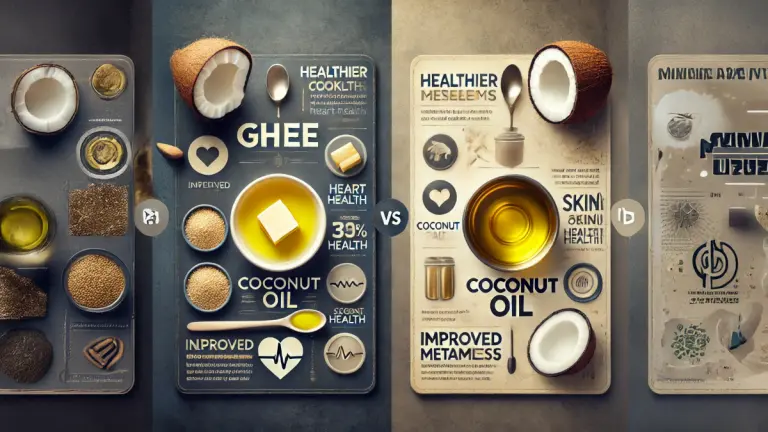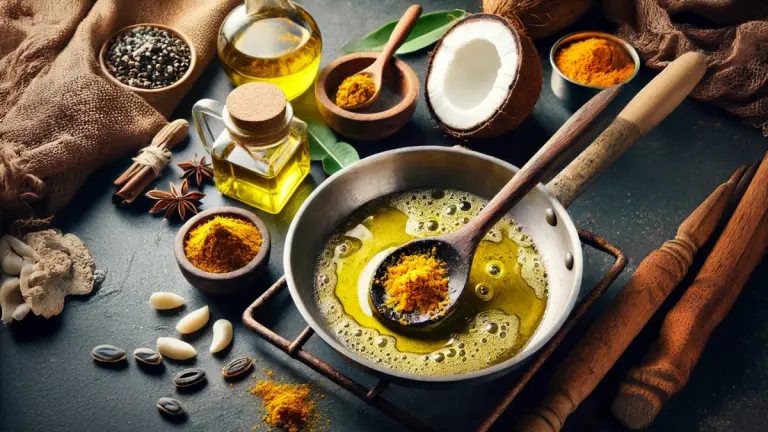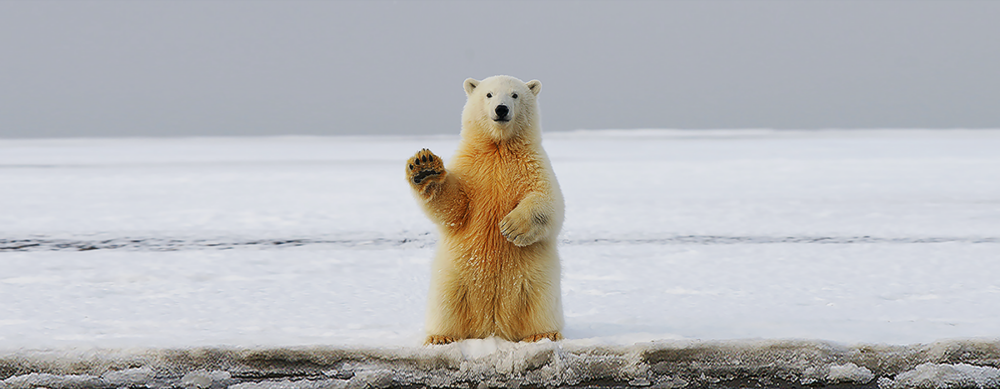Chewing Tulsi Leaves: Tulsi has a special significance in Hinduism and its use is also considered very beneficial for health, but have you ever wondered why it is forbidden to chew Tulsi leaves? Is it only due to religious reasons or is there any scientific reason behind it? Let us know about this in detail.
Chewing Tulsi Leaves: Religious Belief or Scientific Reason?
- The reason for prohibition of chewing Tulsi is not just religious.
- There are many scientific reasons why chewing its leaves is prohibited.
- By knowing some facts related to this, you can protect your health from harm.
If you are also one of those people who think that “they are just leaves, you can chew them too!”, then you must know this logic of science. Today, we will explain to you from a completely scientific point of view, away from religious beliefs, why chewing Tulsi leaves is prohibited
‘Mercuric acid’ is present in Tulsi
Tulsi is a medicinal plant, which has many anti-bacterial and anti-viral properties. But mercuric acid is also found in its leaves.
- Mercuric acid is a type of natural element that can damage tooth enamel. If you chew basil leaves daily, your teeth can gradually become weak and sensitive.
- This is why in Ayurveda it is advised to swallow basil leaves, but chewing them is prohibited.
Basil leaves contain acidic elements
Chewing Tulsi Leaves repeatedly can increase acidity in the mouth and stomach, as the nature of basil is hot and slightly acidic.
- For people suffering from acidity, chewing basil leaves directly can be harmful as it can increase the acid levels in the stomach and cause gastric problems.
- Scientific advice: Swallow basil leaves with lukewarm water or add it to tea and drink it, so that you get its benefits but do not have the problem of acidity.
Basil leaves may also contain ‘arsenic’
Do you know that an element called arsenic is also found in basil leaves. Although its quantity is very less, but if it is chewed in large quantities, it can slowly accumulate toxins in the body .
- Excessive amount of arsenic entering the body can cause stomach and intestinal problems. It can also affect the liver and kidneys.
- Best way: Mix Tulsi in decoction, tea or lukewarm water and drink it, so that its nutrients can reach the body without any loss.
There is a fear of infection
The basil plant often grows in open environments, and many types of bacteria and dust particles can accumulate on its leaves. If you chew it without washing it, you are taking the bacteria directly into your mouth, which can spread infection.
- Scientific advice: If you want to eat basil leaves, wash them thoroughly first and then swallow them with water or use them in a decoction.
pH level of basil leaves
The pH level of our mouth is between 5.6 to 7.9, which is normally balanced, but the pH level of basil leaves is slightly acidic. In such a situation, when we chew basil leaves, its acid can affect the natural pH of saliva along with eliminating bacteria in the mouth.
- This can cause problems like mouth ulcers, teeth sensitivity and gum irritation.
- Best way: Instead of chewing Tulsi in the mouth, swallow it directly with water or drink it by mixing it in tea or decoction.
How to use Tulsi properly?
- Wash basil leaves thoroughly with water.
- Instead of chewing them directly, swallow them with lukewarm water.
- Make basil decoction or tea and drink it, so that you get its medicinal properties and there is no harm in it.
- Take basil leaves mixed with honey or ginger, this strengthens immunity.
The reason for not chewing Tulsi is not just religious but also completely scientific. Its leaves contain mercuric acid, arsenic and acidic elements, which can harm the teeth and digestive system. Therefore, Ayurveda also recommends swallowing Tulsi with water or mixing it in tea instead of chewing it.
(Disclaimer: The information given here is based on general information. Before adopting it, definitely take medical advice. THE MONK does not confirm this.)
